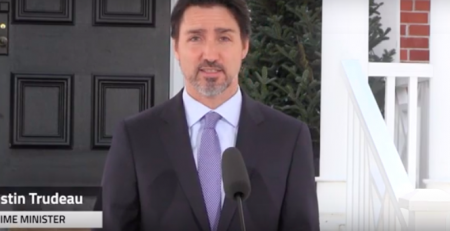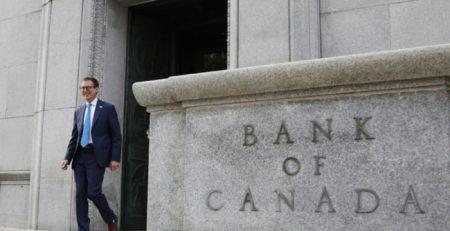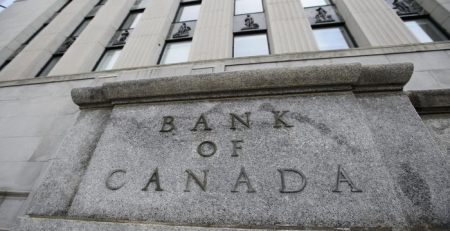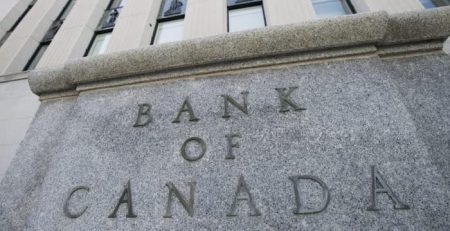Buying or selling your home right now? Here’s what the real estate landscape looks like these days
The World Health Organization declared COVID-19 a pandemic in March. Subsequently, the number of home sales in Canada fell sharply as social distancing measures were put in place, open houses got cancelled and fewer new listings became available.
Three months on, the Canadian real estate market is no longer in free fall — sales and listings numbers are rising (though both are down significantly compared to last year), and prices have remained fairly steady — but there continues to be a lot of uncertainty for both buyers and sellers. While bidding wars are still taking place in many markets, the Canada Mortgage and Housing Corporation (CMHC) predicts that prices will fall between 9 and 18 percent this year, and sales and prices might not be back to pre-pandemic levels even by the end of 2022.
If you’re looking to buy or sell residential property this year, you may already know that it’s a quickly moving market with many regional differences — and the process looks quite different now than it did at the start of the year or even a month ago. With that in mind, we reached out to real estate experts in four different provinces* for their market insights and best advice on everything from staging a virtual showing to getting a mortgage approval.
*Note: In Canada, real estate is largely regulated based on provincial or territorial legislation. Some information included in this article may not apply in your province or territory.
It’s (still, kind of) a seller’s market
“There was, right at the beginning, a dramatic drop in properties listed for sale because many sellers were concerned enough to not want to have people in their house,” says Anthony Bastiaanssen, a Realtor in Kelowna, B.C., and chair of the British Columbia Real Estate Association. “People actually took their properties off the market for a period of time or delayed the process of listing it for sale.” But so far this spring, prices have remained relatively steady, despite sales falling significantly. “Prices have not, in any reports that I’ve seen, shown any significant adjustment,” says Bastiaanssen. “Most of the economic forecasts do call for a slight adjustment in pricing down in the short term, but honestly, we still haven’t really seen that.”
According to many reports, attractive properties in in-demand areas are still selling quickly, and, in some cases, attracting multiple offers. “[In Quebec], it’s a very strong real estate market for the seller,” says Anouk Vidal, a real estate broker in Saint-Jérôme, Que., and spokesperson for the Quebec Professional Association of Real Estate Brokers. “We have very low inventory … [and] when a property comes on the market, there’s a lot of demand for it.”
With many regions starting to reopen their economies and loosen restrictions, there’s been an increase in real estate activity over the last few weeks. “The market is actually extremely active right now,” says Vidal. “We were on pause and couldn’t do anything for a couple of months, [so] all the people that need to buy or sell are doing it at this point.” Notably, both Vidal and Bastiaanssen have either observed or heard of an uptick of interest in their provinces for rural and countryside listings, particularly from city-dwellers looking for more space or a recreational property.
Expect virtual showings and tours, and new protocols
Purchase agreements may include COVID-19 related clauses
In addition to typical purchase agreement clauses, such as home inspection or property inspection conditions, some individuals who are worried about losing their job or getting sick have been asking for COVID-related clauses to be worked into contracts. According to Jeffrey Kahane, a real estate lawyer at Kahane Law Office in Calgary, real estate brokerages have differing policies when it comes to these COVID-related clauses,; but ultimately, the contract terms should come down to what’s important for you as a buyer or seller. “Sometimes, it has nothing to do with getting out of the deal,” says Kahane. It could be about requiring that “the seller hire a reputable company to come in and do a deep clean on the property before possession.” For buyers doing virtual tours of properties, Kahane notes that it’s important to “put in a condition on the offer that you actually get to go in and view the property” in person.
For prospective home buyers whose income might have been temporarily impacted by the pandemic, von Martels’ advice is to explore options with a mortgage broker who has experience working with a wide range of mortgages, as they might be able to guide you toward alternative products and lenders who offer more flexibility.
It might also make sense to temporarily pause your real estate search if you have a low risk tolerance or are experiencing any economic uncertainty. It’s hard even for experts to forecast what the Canadian real estate market will look like in six months, or in 2021 with confidence. “I think that it’s important for clients or borrowers to stay honest with themselves and not to rush into things because they see market activity picking up or maybe because they think that they can get a deal on something,” says von Martels.
Sellers, presenting well is still key
Homeowners with extra time on their hands should be working on landscaping and improving the outside appearance of their home right now ahead of listing their home for sale, advises Vidal. Aside from the outer areas of a home always drawing buyers’ eyes in the summer, Vidal thinks that people will place value on comfortable outdoor spaces especially now, after being stuck inside.











